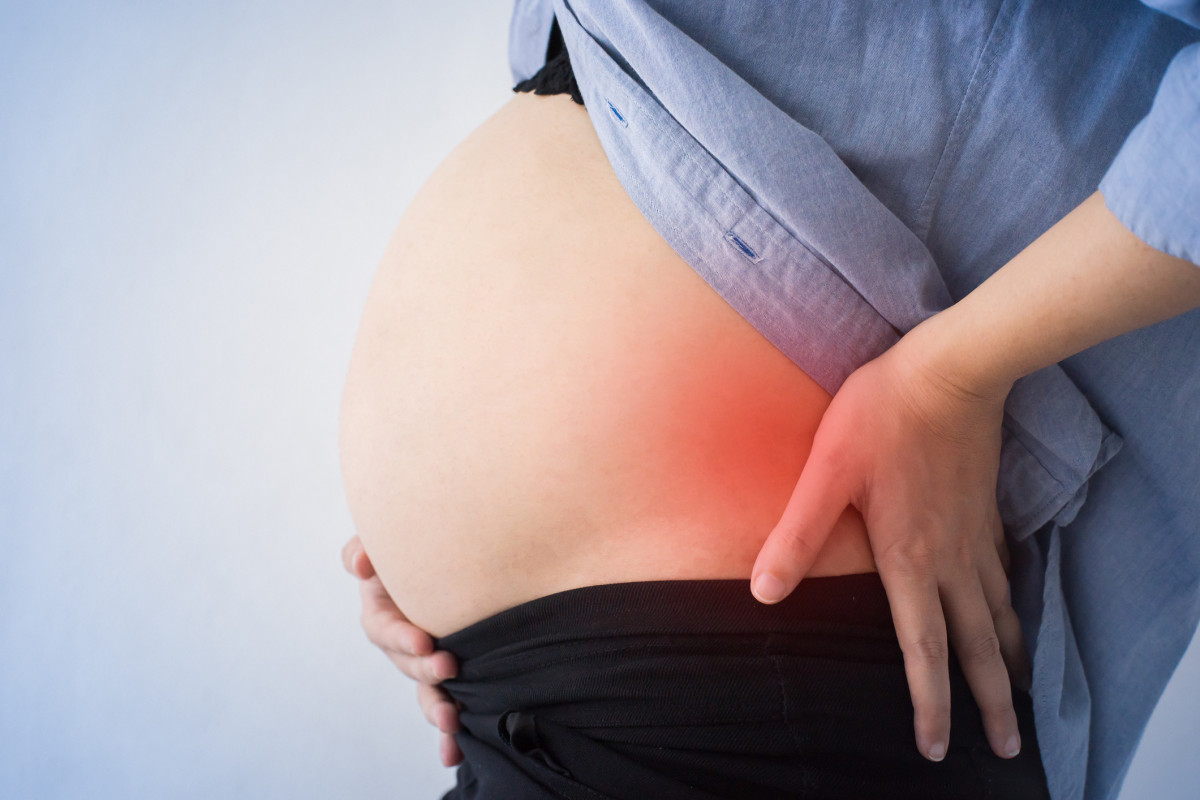
Why does Post-Pregnancy Back Pain Occur?
During pregnancy the muscles and joints of our pelvis and spine soften and stretch to allow your baby to grow inside the uterus and to become more flexible to prepare for childbirth. After pregnancy, these structures may remain more mobile for up to 3 months post-birth. This may mean that your back and pelvic joints are more susceptible to strain.
Is it normal?
Back pain is common but it is not normal. If it is affecting how you participate in your activities of daily living, work activities or is causing emotional strain, you should seek help. Discussing this with an appropriate health professional like your GP and local physiotherapist is a good start.
Does having an epidural during labour cause long-term lower back pain?
Currently, there is no evidence to suggest that having an epidural or spinal anaesthetic during labour causes long term back pain issues. You may have some bruising around the needle insertion site initially but this should improve within the first few days. If pain at the insertion site is ongoing and you are experiencing other symptoms like nausea, headache or fever you should see your GP immediately as you may be developing an infection.
How do I prevent backache from occurring post-childbirth?
Physiotherapists can teach you effective strategies to prevent and decrease back discomfort throughout your normal activities of daily living. Being conscious of how to comfortably sit and feed your baby, how to lift, how to get in and out of bed and how to perform activities in standing are all ways a physiotherapist can assist with managing back discomfort.
Can I still exercise if I have back pain?
Safe, gradual return to exercise is recommended for everyone after having a baby. If you have back pain, it is still recommended to exercise but you may find seeking the advice of a physiotherapist to guide you to return to safe exercise helpful. It is recommended to start with low impact exercise option such as walking, cycling, swimming and specific abdominal and back strengthening exercises for the first 12 weeks. After 12 weeks, you can gradually progress to high impact exercises. If the exercise option you are participating in is causing more pain, it is advisable to see a physiotherapist to review your technique or for further advice.
How can Physiotherapy help?
Women’s Health Physiotherapists are specialised physiotherapists who can treat women for back pain after childbirth. Education regarding posture care, prescription of safe and effective exercise and appropriate manual therapy are all treatments physiotherapists can provide to help women prevent, improve and relieve back pain after having a baby.
If you have any questions or concerns or would like to see one of our specialised Women’s Health physiotherapists, please contact any of our clinics.
Samantha Khanna is an experienced Women’s Health Physiotherapist with special interest in pregnancy related musculoskeletal presentations and pelvic floor dysfunction in women. Samantha works across our Westmead and Blacktown practices. Our women’s health team includes Heather Minnich (Westmead, Penrith) and Felicity Martin (Norwest).








